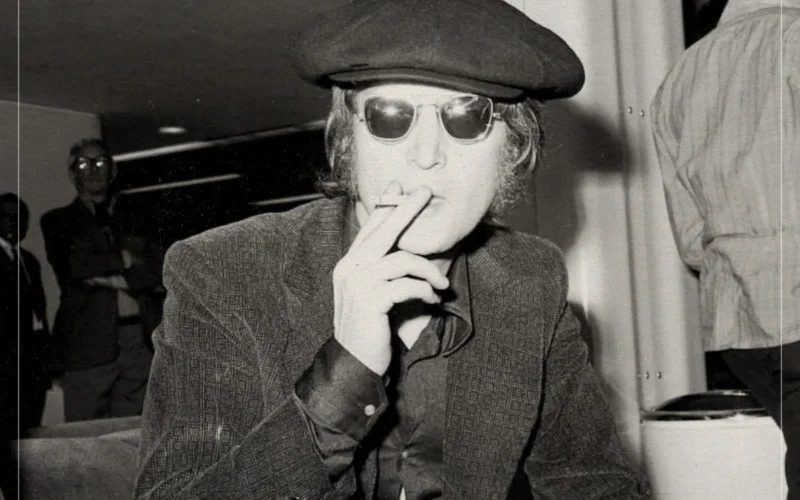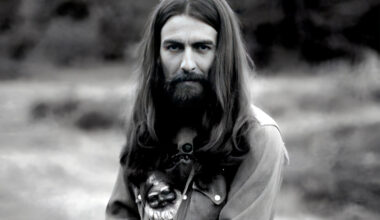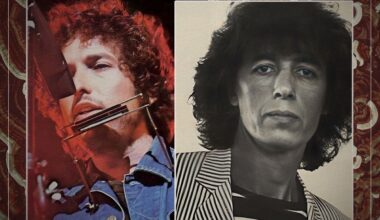The Beatles were brilliant and they revolutionised pop music. We’ve all heard this being uttered before, and most of us are prepared to take it as fact rather than opinion due to how it’s such a commonly reiterated statement and a point of view held by so many.
But how true is it to say this? Were John Lennon and Paul McCartney as good at writing songs as everyone makes them out to be, and were there any elements of songcraft where they faltered and fell beneath the level of their peers?
From a compositional perspective, the fact that they tried many new things that others were too afraid to attempt set them apart from the vast majority of contemporary pop acts, taking only the genius of Brian Wilson to really take them to the next level by challenging them to write even more ambitious music. They may not have been trained musical geniuses, but they certainly showed natural talent in this regard, with Lennon, McCartney, George Harrison and Ringo Starr all excelling in the songs they contributed.
However, the other important element of songwriting is the lyrical content, and it might be a bit more of a stretch to claim that they were always perfect in this regard. This isn’t to say that their choice of words made their output unlistenable, but for every simple love song they released, which was a lot, there were hundreds of other artists doing exactly the same. It wouldn’t be until the later, more experimental period of their career that they began to explore different themes rather than the tried and tested emotions.
Around the time of Revolver, Lennon began to occasionally delve into different themes that sometimes touched on the spiritual and the whimsical, but also sometimes veered towards hippy-dippy bullshit that made little to no sense. However, in amongst all of these are some gems that when broken down, are filled with far more intelligence and nuance than one might perceive at first glance, and some lines that pose important philosophical questions.

‘Tomorrow Never Knows’ has a brilliant opening line [“Turn off your mind, relax, and float downstream”]. Even the stream-of-consciousness word salad that makes up the early verses of ‘Happiness Is a Warm Gun’ [“She’s well-acquainted with the touch of the velvet hand like a lizard on a window pane”] also rolls off the tongue beautifully. However, considering how much the track is revered, the opening line to the first verse of ‘Strawberry Fields Forever’ has to be the finest example of Lennon’s lyricism.
“Living is easy with eyes closed, misunderstanding all you see” feels contradictory—oxymoronic, even—yet if you dig a little deeper, there’s a lot to pick up on from its meaning. If your eyes are shut, you’re impervious to anything happening around you, and blissfully unaware of the surrounding world, but if you’re misunderstanding everything you see, then isn’t that going to create problems? Well, if you’re seeing nothing, then you’re misunderstanding nothing, and to roll on with life without any need to care about anything would make for an easy life.
But is that a good thing? Lennon almost seems critical of this in his delivery, and using the context provided by the following lines suggests that some people have it easy due to the fact that they’re ignorant of their surroundings. But it’s a lot harder for him as someone forced to witness the tougher parts of life. This is exactly why Lennon is going to the titular Strawberry Fields, a figment of his imagination, his happy place, somewhere he doesn’t have to “get hung about” anything.
It might seem nonsensical, but it’s indicative of everything that Lennon was trying to capture at this time: philosophical debate, introspection and psychedelia. Anyway, let’s face it, as far as nonsense goes, it’s nowhere near the level of ‘I Am The Walrus’ and its nightmarish visions of “semolina pilchard dripping from a dead dog’s eye”.






